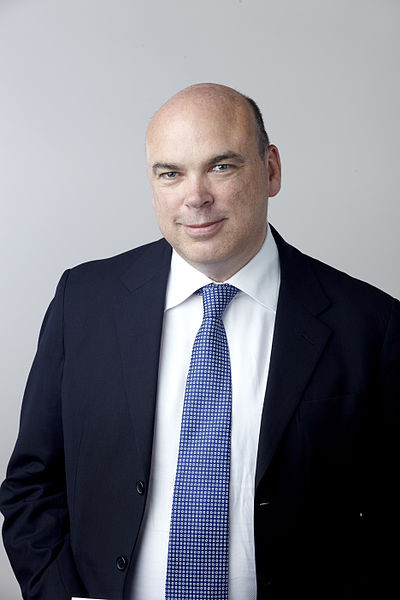British entrepreneur Mike Lynch stands accused of orchestrating a "massive fraud" related to the sale of his software startup, Autonomy Corp., to Hewlett Packard Co. (HP) for a staggering $11 billion. The case, which has drawn widespread attention, unfolds as Lynch faces trial in a San Francisco federal court, where US prosecutors allege manipulative accounting practices aimed at inflating the company's revenue.
Assistant US Attorney Adam Reeves outlined the government's case against Lynch, detailing alleged deceptive tactics such as back-dating contracts and overpaying vendors to artificially boost Autonomy's sales figures. "These deals made no sense unless you were trying to falsely inflate your revenue," Reeves stated, emphasizing the purported intention behind the actions.
Lynch, who was extradited to the US last year, is charged with a total of 16 counts, including wire fraud, securities fraud, and conspiracy to commit wire fraud. The gravity of the charges is underscored by the potential 25-year prison term Lynch faces if convicted of the most serious offenses.
The trial is expected to revisit evidence and testimonies from a 2022 civil trial in London, where a judge sided with HP in its allegations against Lynch and Autonomy's former finance chief, Sushovan Hussain. HP's $8.8 billion write-down of Autonomy just a year after the acquisition has been a focal point of contention, with Lynch asserting that the Silicon Valley giant's own mismanagement was to blame for the financial debacle.
Lynch's legal team is poised to present their defense, arguing that the case against him is unfounded and represents an attempt by HP to shift blame for its own failures in managing the merger. The defense contends that the write-down was a consequence of HP's inability to integrate Autonomy successfully, rather than any fraudulent activity on Lynch's part.
The case has significant implications not only for Lynch but also for the broader tech industry, highlighting the complexities of major corporate acquisitions and the potential for legal and financial fallout when such deals go awry. Lynch, once hailed as "Britain's Bill Gates" for his role in founding Autonomy and growing it into a top UK tech firm, now finds his legacy and freedom in jeopardy.






